Torching the Ottawa Senators, Auston Matthews pumped four shots past Craig Anderson in his magical NHL debut in 2016. Matthews' 40-goal rookie year sparked the sluggish Toronto Maple Leafs into a new competitive era.
Connor McDavid was slammed into the boards and fractured his clavicle as a rookie but otherwise produced at a point-per-game rate, scoring 48 points in 45 contests. Ahead of his second season, months before McDavid turned 20, the Edmonton Oilers named him the youngest captain in NHL history.
Connor Bedard was born two weeks before Sidney Crosby was drafted No. 1 overall. The Pittsburgh Penguins signed prominent veterans to surround Crosby with help, but he barely needed it, erupting for 102 points even as his team placed last in the Eastern Conference.
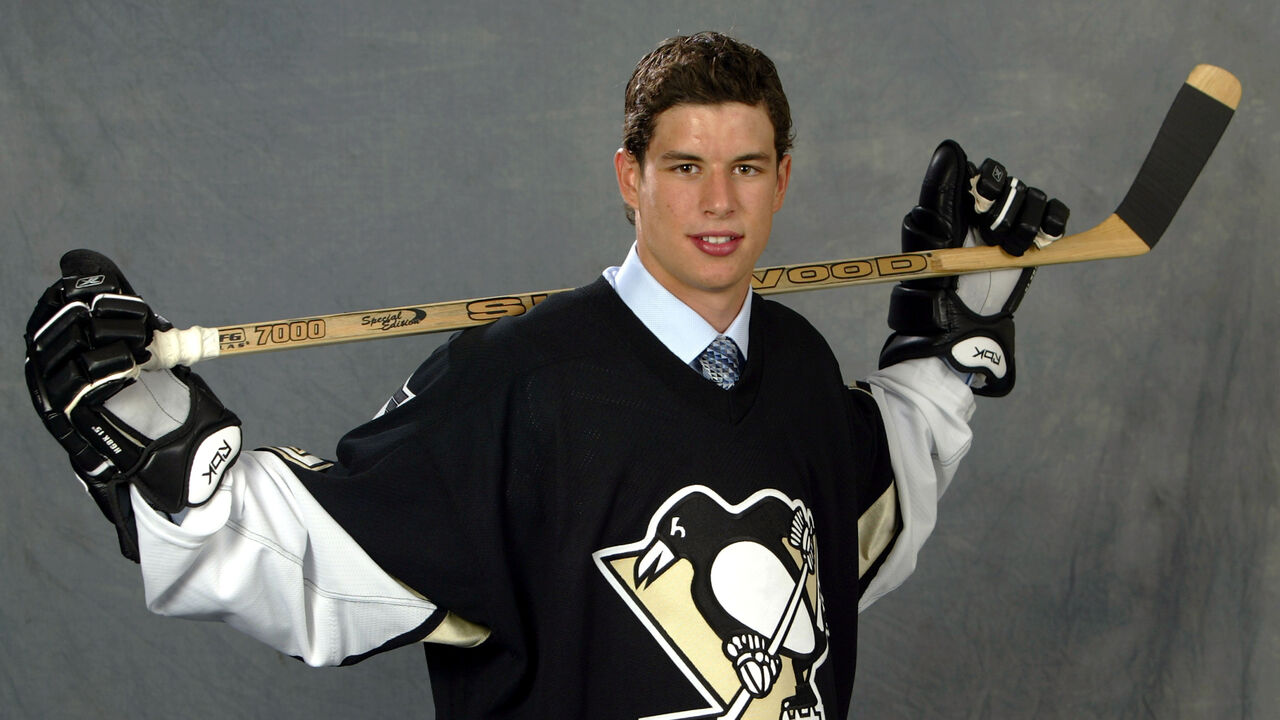
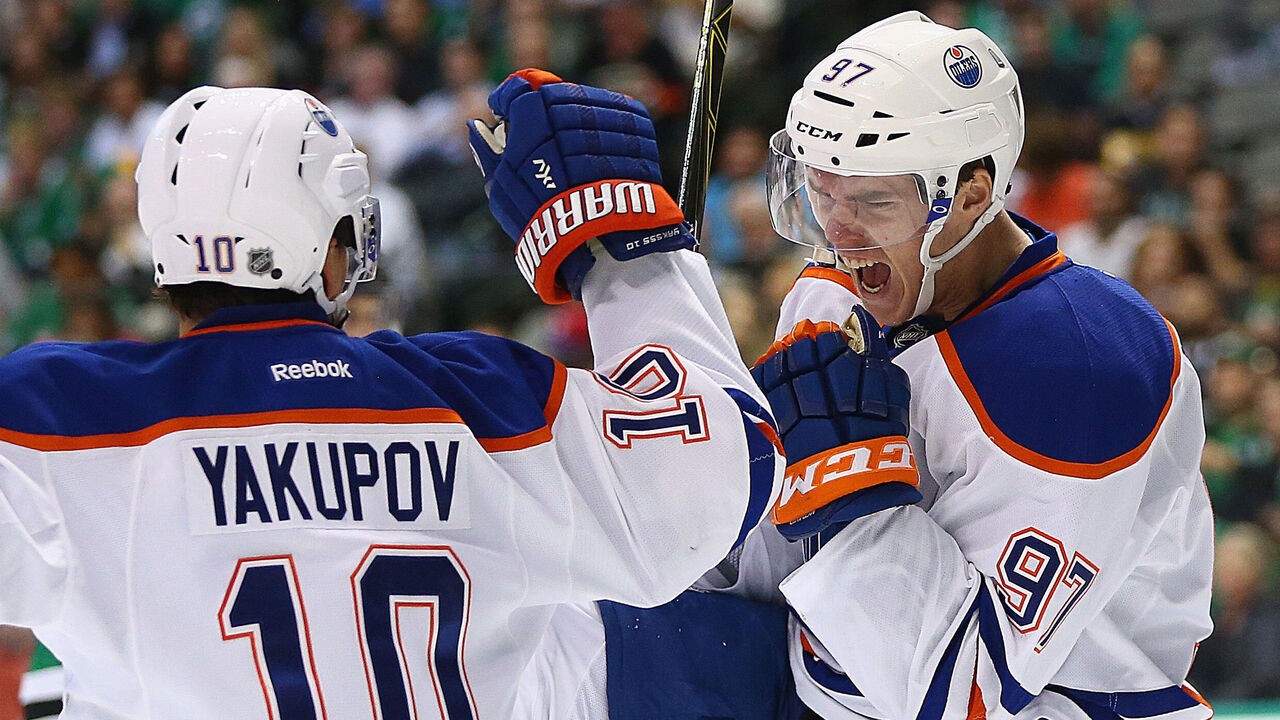
He set a high bar for the NHL's new phenom to target. Bedard is the prospective savior of the rebuilding Chicago Blackhawks, who gleefully drafted him first overall in June. His hotly anticipated rookie campaign begins Oct. 10 on the road against Crosby's Penguins.
Hockey news has slowed to a trickle, so let's think ahead to Bedard's NHL arrival. What immediate impact will he have in Chicago? What are fair expectations for fans to establish? Will he produce the greatest rookie season since Crosby's breakout?
A 5-foot-10 center, Bedard annihilated junior competition for the Regina Pats. He joined John Tavares as the only draft prospects this century to pot 70 goals in a Canadian Hockey League season.
Bedard's longest Western Hockey League point streak lasted 35 games. His 31 points across 14 appearances at the world juniors paced Canada to back-to-back gold medals. Those exploits guaranteed Bedard would be chosen first when the Blackhawks, the NHL's third-worst squad in 2022-23, lucked into winning the draft lottery.
Bedard enters the NHL as one of its nastiest shooters. Few snipers rip the puck like he can. Bedard picks corners off the rush, from a standstill, and through heavy traffic, barraging goalies even when he's denied time and a favorable angle.
He's no perimeter floater; Bedard rarely shoots from above the faceoff circles. Smart and rugged, he patiently waits or works to generate space to fire from the slot, The Athletic's Scott Wheeler found when he watched every goal Bedard netted - 100 across all competitions - in his draft year.
A stellar dangler and playmaker, Bedard's speed, dexterity, vision, and gravitational pull create countless openings for his line. Three impalpable attributes make him special. Skills coach Nick Quinn, who trains Bedard and dozens of other NHLers through the Power Edge Pro consultancy, raved about those traits to theScore last season.
Quinn on Bedard's brainpower: "(We) create an environment that puts extreme stress on the player's mind to think and have his feet and his hands respond at the same time. When you watch Bedard, that's what you see. You see an elite multi-tasker - a player who can create deception at top speed. He's reacting to defenders quicker than they can respond."
Bedard's guile: "He hasn't played a day in the show, and I think he shoots the puck better than 95% of NHLers," Quinn said. "It's the way he can give deception to get that defender to bite to get his stick in a different lane or his body in a different lane so he can shoot."
His attitude: "He has a lot more fun than most kids playing hockey. I think he loves the game so much that it doesn't feel like a job to him. It doesn't feel like pressure," Quinn said. "I don't think I've ever trained a guy who loves scoring goals the way he does, whether it's 9-0 or it's 2-1. He just wants to bury shots."
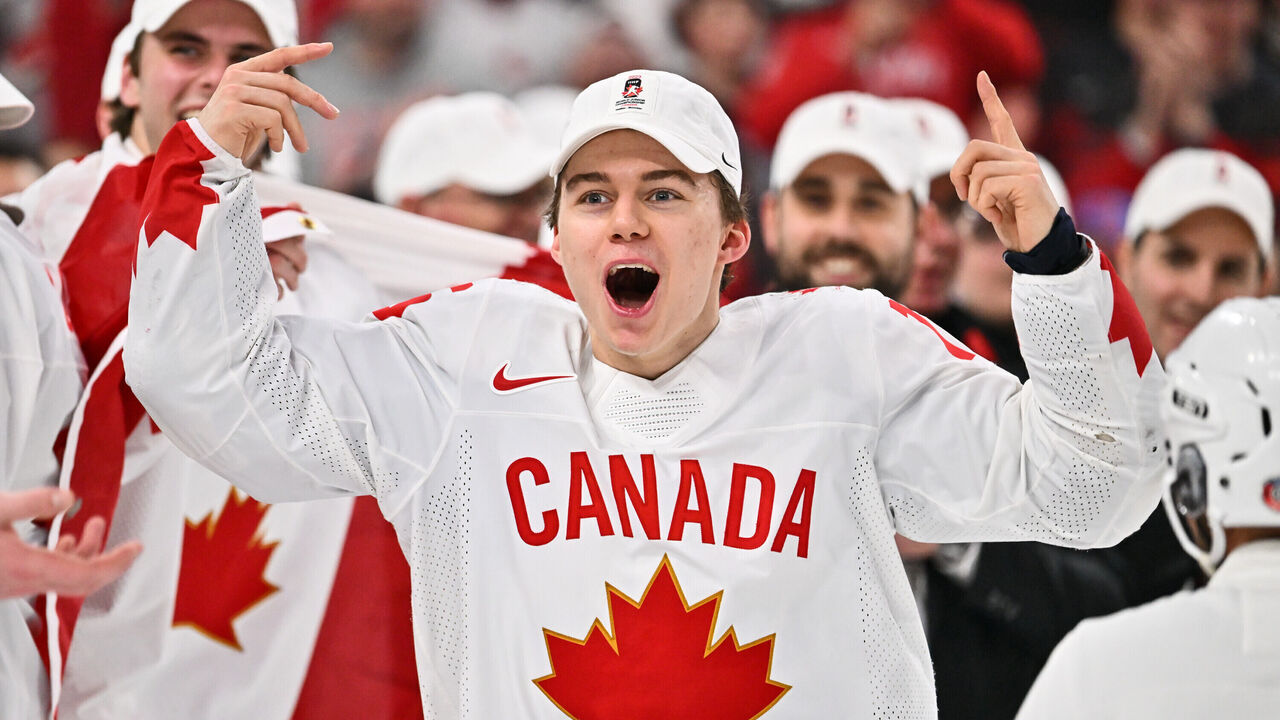
Bedard signed his entry-level contract in July on his 18th birthday. He'll be that age for the duration of next season. By contrast, Matthews was 19 and had already dominated the Swiss pro league when he reached the NHL. Alex Ovechkin waited out a lockout in Russia, debuted at 20, and racked up 52 goals and 106 points to edge Crosby for the 2006 Calder Trophy.
These kids excelled in the league right away.
Crosby's rookie year was chaotic yet electric. Health issues forced two Penguins forwards, Zigmund Palffy and Mario Lemieux, to retire suddenly that January in the span of a week. Pittsburgh's .354 points percentage was second-worst in the league. Crosby shone anyway, tallying 44 more points than his next-closest teammate, veteran defenseman Sergei Gonchar, to become the NHL's youngest triple-digit scorer.
The totals Patrik Laine, Nathan MacKinnon, and Jeff Skinner achieved are more attainable, though only MacKinnon subsequently matured into an elite scorer. Other No. 1 draft picks - Ryan Nugent-Hopkins (52 points in 62 games in 2012), Ilya Kovalchuk (51 in 65 games in 2002), and Steven Stamkos (46 in 79 games in 2009) - were decently productive at 18.
Recent top selections underwhelmed as rookies. Juraj Slafkovsky managed 10 points in 39 games last season before injuring his knee. Alexis Lafreniere's 21 points in 2021 foreshadowed that he'd struggle to seize a top-six role.
Jack Hughes was held to 21 points the previous year, but concerns about his upside were premature. Some budding superstars require time to blossom.
When the 2005 lockout ended, Pittsburgh signed John LeClair, Palffy, and Gonchar to strengthen Crosby's supporting cast. The Blackhawks made similar moves to insulate Bedard. General manager Kyle Davidson traded for Taylor Hall, Nick Foligno, and Corey Perry in June. He signed Ryan Donato and extended Andreas Athanasiou, Chicago's highest remaining scorer at the end of last season with 40 points.
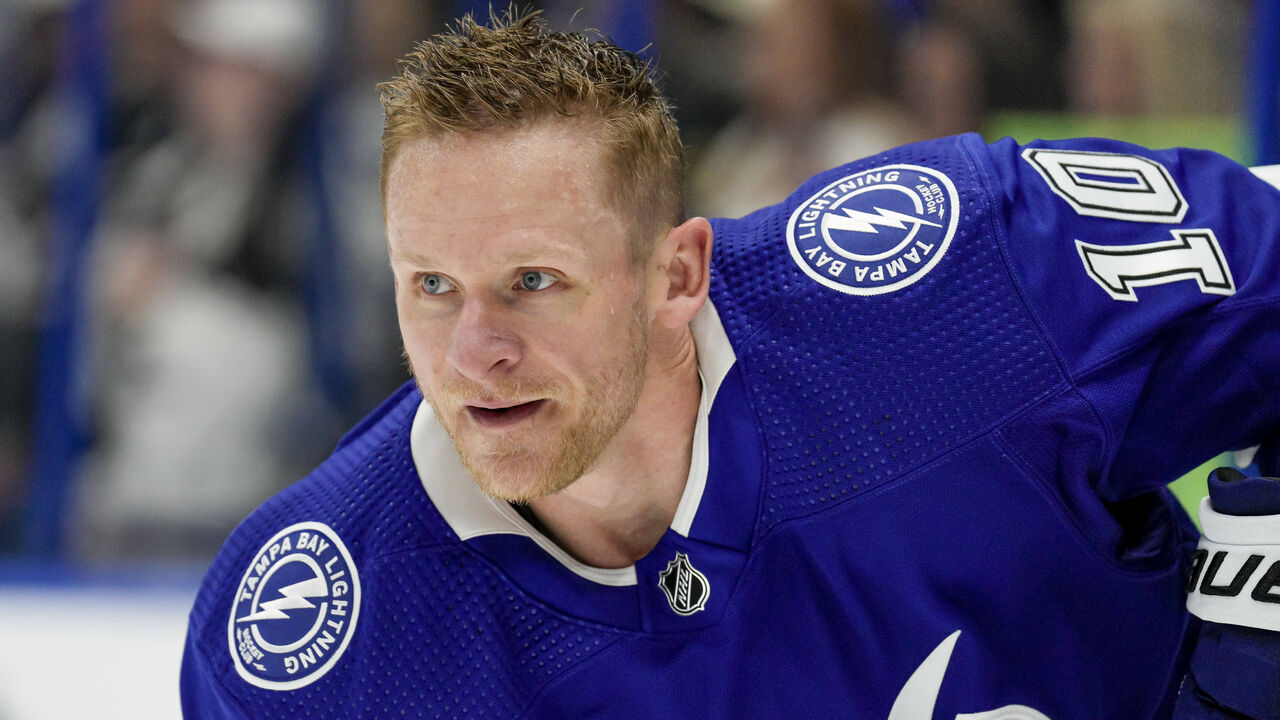
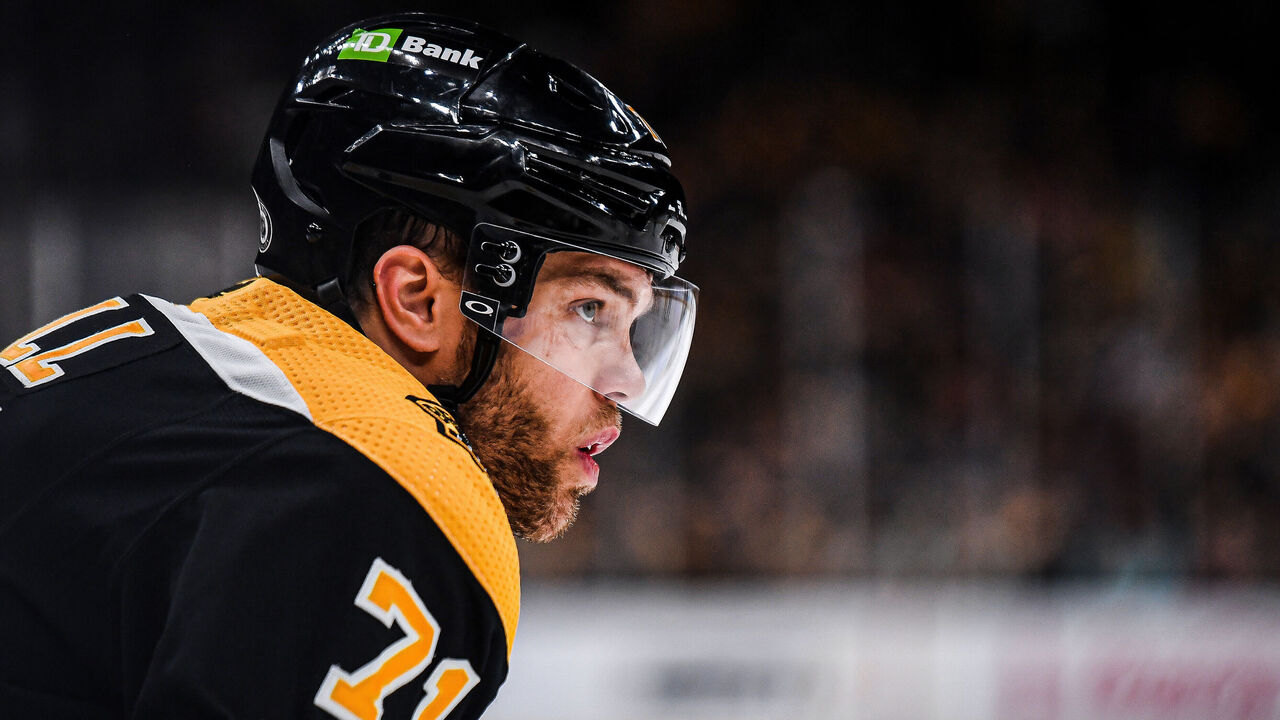
The new-look forward corps is surprisingly recognizable. Eight vets aged 27 or older - Colin Blackwell, Jason Dickinson, and Tyler Johnson are the others - are there to ease Bedard's transition. None are signed beyond 2025.
Bedard and Hall should form a fun duo. Hall once suited up in Edmonton next to fellow No. 1 picks McDavid, Nugent-Hopkins, and Nail Yakupov. The Hart Trophy winner in 2018, Hall averaged 0.75 points per game with four teams over the past five seasons. He drives possession on the left wing, meaning Bedard won't have to carry Chicago's top line himself.
Bedard is the runaway Calder Trophy favorite, a rarity for a teenager. The last five recipients - Matty Beniers, Moritz Seider, Kirill Kaprizov, Cale Makar, and Elias Pettersson - had previous pro or college experience and ranged in age from 20 to 24. Mathew Barzal left the WHL and promptly claimed the Calder in 2018, but by then, he was three years removed from the draft.
Maybe Bedard can recreate Patrick Kane's promising first year. Kane turned 19 in the fall of his rookie season. He tallied 72 points to lead Chicago in scoring and take home the Calder in 2008. Two years after that, Kane's overtime winner in the Stanley Cup Final vanished in the netting and launched a Blackhawks dynasty.
Chicago dreams of getting Bedard to that stage. It won't happen soon, but the journey starts Oct. 10 in Pittsburgh.
Nick Faris is a features writer at theScore.
Copyright © 2023 Score Media Ventures Inc. All rights reserved. Certain content reproduced under license.